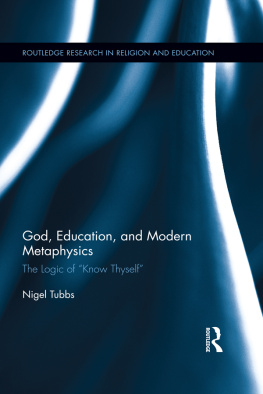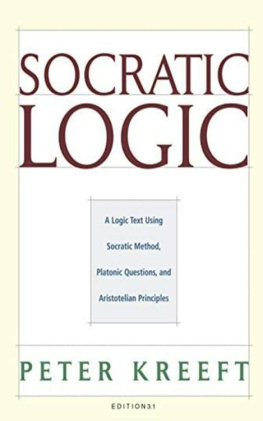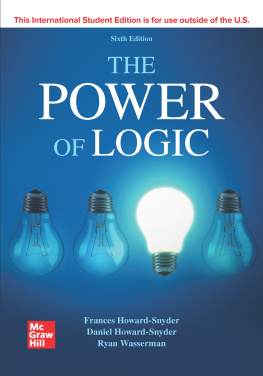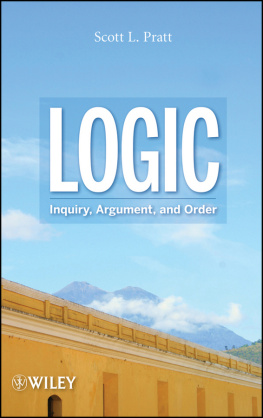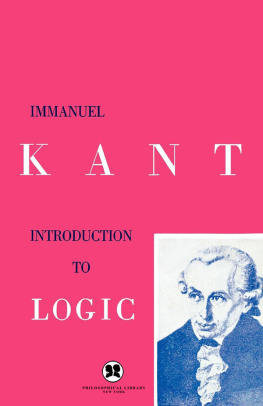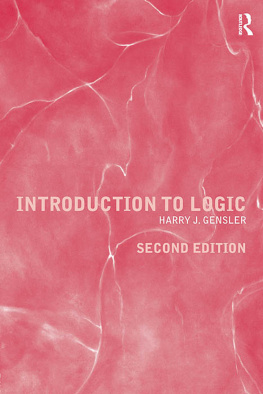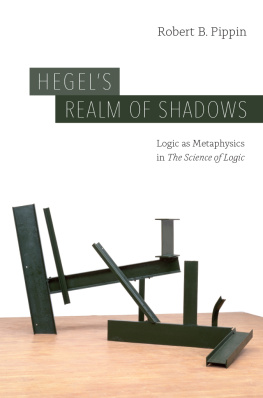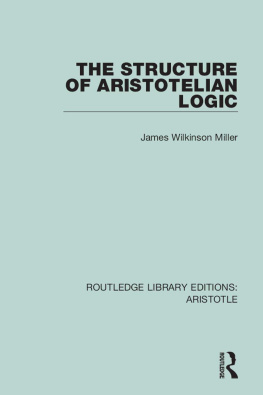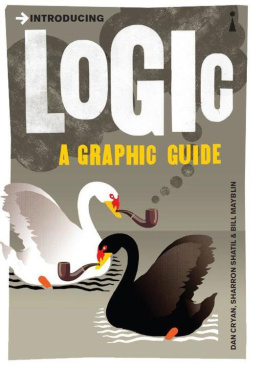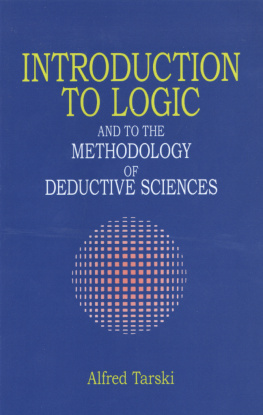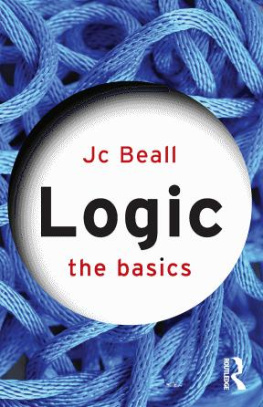First published 2017
by Routledge
711 Third Avenue, New York, NY 10017
and by Routledge
2 Park Square, Milton Park, Abingdon, Oxon, OX14 4RN
Routledge is an imprint of the Taylor & Francis Group, an informa business
2017 Taylor & Francis
The right of Nigel Tubbs to be identified as author of this work has been asserted by him in accordance with sections 77 and 78 of the Copyright, Designs and Patents Act 1988.
All rights reserved. No part of this book may be reprinted or reproduced or utilised in any form or by any electronic, mechanical, or other means, now known or hereafter invented, including photocopying and recording, or in any information storage or retrieval system, without permission in writing from the publishers.
Trademark notice: Product or corporate names may be trademarks or registered trademarks, and are used only for identification and explanation without intent to infringe.
Library of Congress Cataloguing-in-Publication Data
A catalog record for this book has been requested
ISBN: 978-0-415-74612-0 (hbk)
ISBN: 978-1-315-79755-7 (ebk)
Typeset in Sabon
by Apex CoVantage, LLC

The opening years of the 21st century brought increased attention to religion as an important dimension of world culture and politics. The dramatic attacks of September 11, 2001, came as a jolting reminder of the potential for violent action that can have bases in religious motivations. Over the same period, we came to see an increase in religious group activity in politics. In the US we see this as an evolution from the Moral Majority movement led by televangelist Jerry Falwell that emerged as a force in the late 1970s as the beginning of the New Religious Right. On further reflection, however, we can see the involvement of religion extending much further back as a fundamental part of our social organization rather than a new or emerging phenomenon. We need only recall the religious wars of early modern Europe through to the contentious development of US church and state relations as evidence of the longstanding role religion has played as a source of competing values and beliefs. That said, there has been a significant upturn in research and scholarship across many disciplines relative to the study of religion in the last twenty-five years. This is particularly the case in the area of the interrelationships of education and religion.
While religious educationstudy toward formation in a particular faith traditionhas been with us for millennia, study about religion as an academic subject apart from theology is more recent. Whereas theology departments proceeded from religious assumptions aiming to promulgate a faith tradition, the religious studies field emerged as a discipline like history or sociology that sought to bring a more disinterested social scientific approach to the study of religion. The origins of this approach date back to the European research centers that influenced US scholars beginning in the 18th century. The formalization of this trend, however, is a fairly recent phenomenon as illustrated by the 1949 formation of Society for the Scientific Study of Religion with its own scholarly journal and the uptick in creation of religious studies departments across the US in the wake of the US Supreme Court decision in 1963 that encouraged teaching about religion (rather than for ) in public education institutions. It was also in 1949 that the American Academy of Religion was born out of a group of scholars that had since 1909 been meeting under the various names related to biblical study.
It is out of this relatively recent increase in scholarly attention to the academic study of religion and education that this book series came to be. Routledge Publishers have long been an important presence in the respective fields of religion and of education. It seemed like a natural step to introduce a book series focused particularly on Research in Religion and Education . My appreciation extends to Max Novick for guiding this series into being and now to Karen Adler for continuing Routledges oversight.
God, Education, and Modern Metaphysics is the sixth book in this series. Author Nigel Tubbs aptly situates his offering in the intent of the series noting that The Journal [ Religion & Education ] and the Series are committed to exploring things that can happen when religious beliefs and religious cultures come in contact with educational ideas (p. xv, in acknowledgements). His innovative contribution to the burgeoning literature of religion and education here is to argue that God, seen in the Western tradition as thought thinking itself (vo vo, noesis noeseos ) [hereafter NN] is experienced by the individual as the educational necessity to know thyself (yv , gnthi seauton ) [hereafter KT] (p. 1). He posits that the truth of God in the Western tradition, as reflected in the ancient metaphysics of Aristotle, is grounded in a logic of mastery. That mastery is vulnerable to its own difficulties of logic. (After introducing Kierkegaards concept of difficulties, Tubbs substitutes aporias as a less familiar placeholder term to assist us in detaching preconceptions from the use of difficulties as the argument moves forward.)
In the vulnerability of mastery to its own difficulties or aporias of logic, there is a negation and preservation of truth which expresses itself as a logic of education. In turn, this is a logic of know thyself, and has its actuality in learning or in culture, including in religion.
Clearly this asks a great deal of education, as much perhaps as was asked of it as paideia in Ancient Greece or as humanism in the European Renaissance. It asks education not only to bear the burden of retrieving God from the logic of mastery, but also to express its learning of God here as the truth of the retrieval. It asks education to find and then to speak in its own voice with its own logic and its own truth. We will come to see that this educational logic is, as Kierkegaard calls it, a new kind of contradiction. In our study of God and education, within this new contradiction and its modern metaphysics, we are commended to ask if God is not in fact to be found in education, and more challenging still, to ask if God is education.
(p. 1)
Organized in two parts, the first part traces the ancient metaphysics of know thyself. introduces a modern metaphysics of this idea.
Professor Tubbss work is ground breakinga unique and provocative vision. He demands much of the reader, but the work is well rewarded. These ideas should inspire discussion and debate in classrooms and conference venues.
Michael D. Waggoner
Professor and Series Editor, Research in Religion and Education
Editor, Religion & Education
Routledge Research in Religion and Education
Series Editor:
Michael D. Waggoner,
University of Northern Iowa, USA
1 Religion in Education
Innovation in International Research
Edited by Joyce Miller, Kevin OGrady and Ursula McKenna
2 Civility, Religious Pluralism, and Education
Edited by Vincent F. Biondo III and Andrew Fiala
3 International Perspectives on Education, Religion and Law
Edited by Charles J. Russo
4 Philosophies of Islamic Education
Historical Perspectives and Emerging Discourses
Edited by Nadeem Memon and Mujadad Zaman
5 Comparative Theology in the Millennial Classroom
Hybrid Identities, Negotiated Boundaries
Edited by Mara Brecht and Reid B. Locklin
6 God, Education, and Modern Metaphysics
The Logic of Know Thyself

